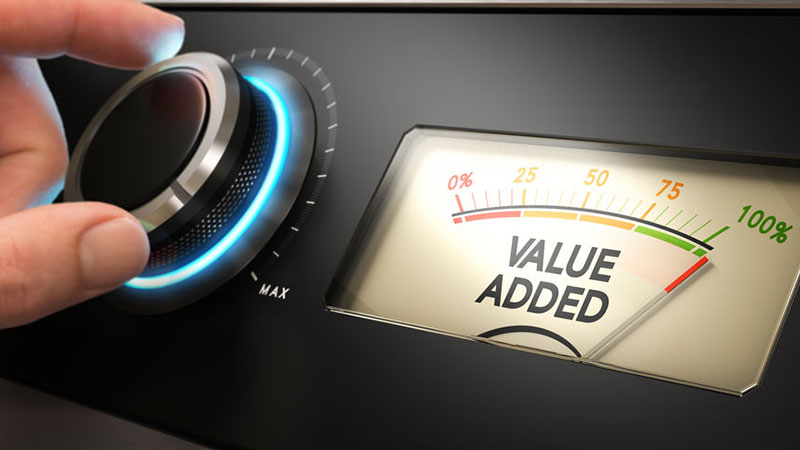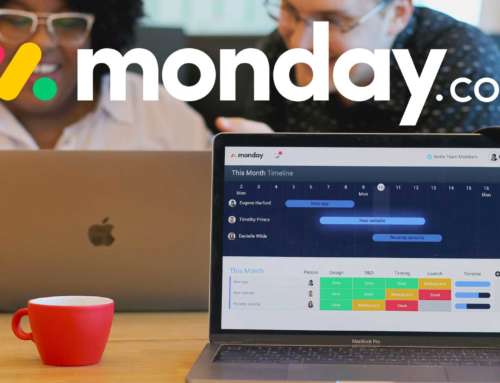
It’s so easy to fixate on price and compare yourself with others as if price indicates quality. Price merely reflects the amount of money that exchanges hands. Value is the benefits derived from the transaction received by the customer.
When starting out in business, many are unsure what to charge. Dave believes you charge what you’re comfortable with. When you become comfortable charging more, increase your price until you meet resistance. Resistance is the point at which your value is equalled or exceeded by the price. Beware, low rates can not only imply low confidence, it can generate it. Instead of thinking ‘who would buy off me?’ understand your uniqueness, your ‘point of difference’ or ‘unique selling proposition’ and ensure the customer knows what that is. Initially, we may undervalue ourselves but, as we grow in experience, the perception of ourselves in the eyes of your customer will increase.
Sometimes customers want to control the price. They may have limited budgets or may not see the value you supply. Meeting with the customer, understanding what they want and expect then explaining what you can deliver can communicate your value. Until they see the value, they will only see the price and not the additional benefits of buying from you. A client once asked the dentist why they had to pay $100 for a 5 minute tooth extraction. “Would you feel better if I took an hour?” the dentist said. Value comes in many forms.
Can you develop value for your customer that has no cost? Occasionally a competitor enters the market and competes on price – bare bones service, no value beyond benefits derived from the features of the product. It is tempting to want to compete with these new entrants but often your value costs you time and/or money. Competing in these instances is unsustainable. However, if your value is derived from experience, knowledge, or spare time you can beat the competitor. Not all your customers buy on price. If your value is important you will be competitive.
Communicating value is often a challenge. Sometimes what you perceive as value the customer does not. Advertising benefits and value can be costly. Itemising what you deliver on your invoices is free and effective. Instead of just saying “mowed lawn,” show that you; mowed the lawn, cut the edges, removed the clippings and swept the path. Knowing what the customer values, sometimes called their pain points, will help you know what to communicate. L V Martin & Son used to say “if it’s not right, we’ll put it right.” They knew their customers valued after reliability and after-sales support. What do your customers value? Sending a quote outlining exactly what you will provide may help you win the job by setting you apart from your competition. It also ensures shared expectations and no surprises. Who doesn’t value that?
When starting out, or when the business is struggling, the tendency is to offer discounts. Discounts come off your bottom line and some view them as subsidies given your customer. In the first year, stating your price may give you palpitations, so discounts are easier to communicate but may generate work and profile. Due to this, some see discounts as an investment or marketing/promotion expense. Pro Bono (free) is the ultimate discount. Why would you do this? Perhaps you wish to support a worthy cause or get your name out there or gain experience. What will it cost you? Are you prepared to pay that cost? The intangible cost is respect, and this is why it is recommended to invoice at your standard rate then deduct your discount. The customer knows what you gave them and what they should expect to pay when the discount no longer applies. Discounts must serve a purpose. Discount for friends, mates rates, may not serve such a purpose and besides, good mates would want to pay you more would they not?
Providing value can cost but it often pays dividends and hopefully value goes both ways. As you gain experience, your value naturally increases through more knowledge, offering better advice, better, higher quality work, understanding your customers wants and needs and how to meet them. But what about the customer providing you value? Early payment, automatic payment, not cancelling jobs, or valuing your time all reward you through less administration expense, better cashflow, more time to generate revenue or have for yourself. It takes two to have a relationship and when it works it’s valuable for you both.
From now on, know your value, state your price, and shut up.







Leave A Comment